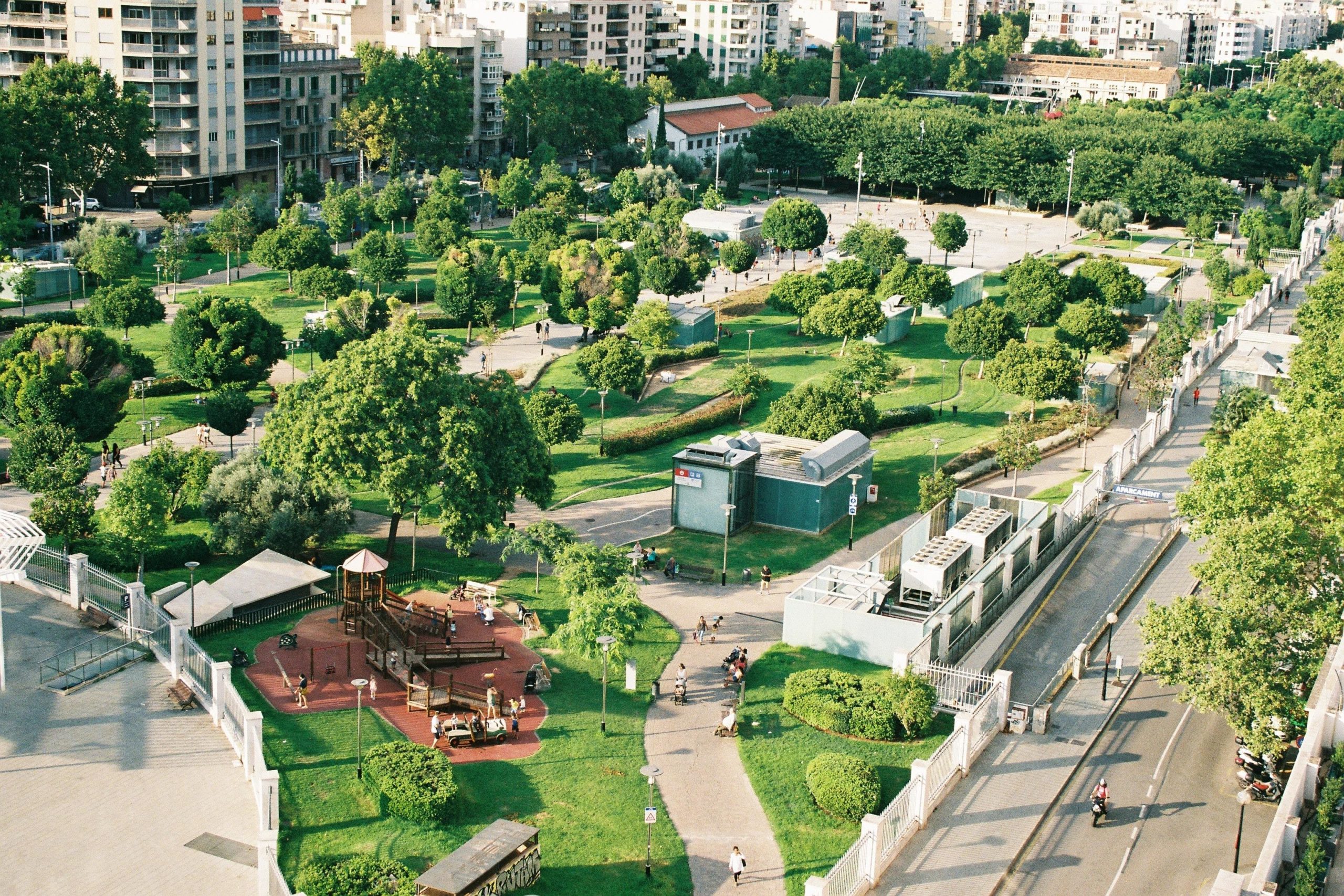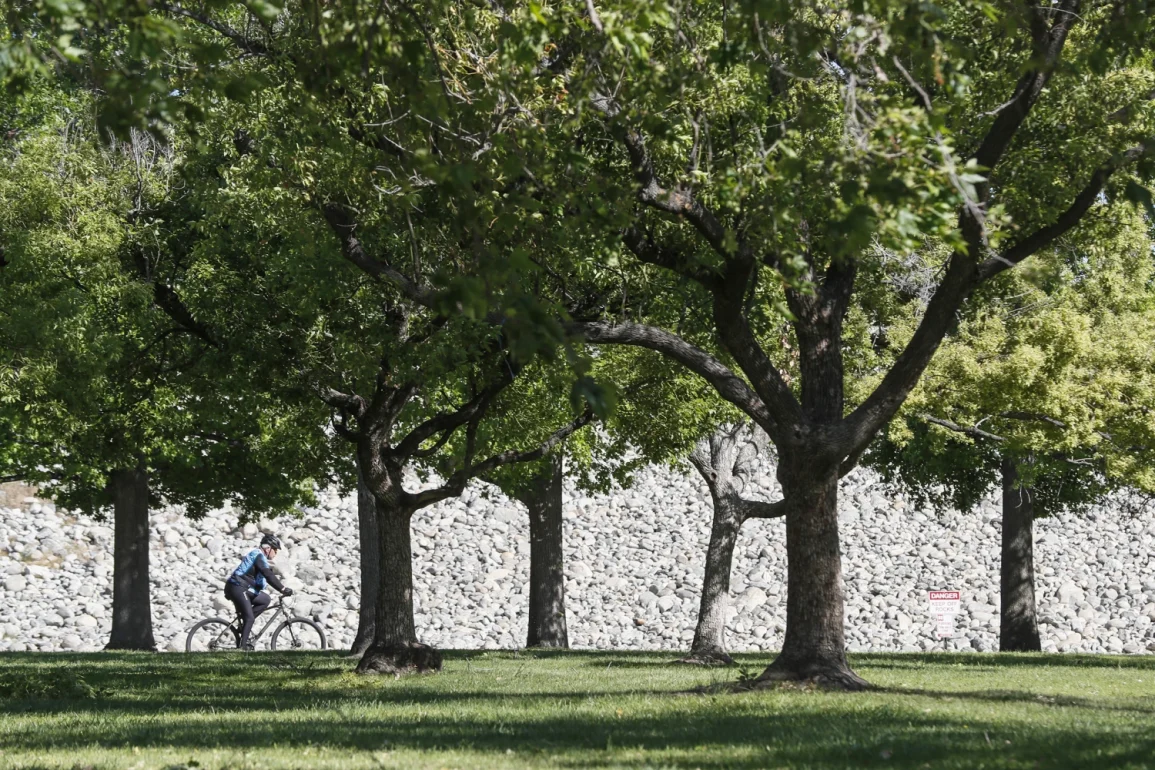In response to rising temperatures and longer heat waves driven by climate change, cities like Detroit are turning to tree planting and green space development to cool their urban environments. Along a busy Detroit road, newly planted trees will eventually provide shade for residents going about their daily activities.
This is part of a larger initiative in many cities to mitigate the effects of extreme heat through natural solutions, recognizing that urban heat can be much worse in areas with little green coverage.
The United Nations has emphasized the importance of sustainable cooling solutions that don’t contribute to further warming. This includes strategies such as planting more trees for shade and using reflective materials in building construction.
In a report released during the U.N. General Assembly, the U.N. Environment Programme and the International Finance Corporation highlighted the urgency of these solutions, especially for developing countries. Their target is to reduce emissions from cooling systems by 2050, as air conditioning use is projected to grow, driving up electricity consumption and carbon emissions.
In the United States, urban forestry efforts are seeing significant financial backing. The U.S. Forest Service’s Urban and Community Forestry Program received a historic $1.5 billion from the 2022 Inflation Reduction Act, allowing it to support hundreds of greening projects nationwide.

Typically, the program operates with far smaller annual budgets, but the increasing need to combat urban heat through tree planting has led to a surge in applications for these grants. Expanding urban tree canopies is seen as essential to cooling cities naturally and improving overall environmental conditions.
Urban areas suffer more from extreme heat than their suburban counterparts due to the “urban heat island” effect, where concrete and asphalt absorb and retain heat. Increasing a city’s tree canopy by 10% can lower temperatures by around 1 degree Celsius, offering a tangible benefit in cooling these areas.
Trees not only provide shade but also help improve air quality, reduce stormwater runoff, and capture carbon dioxide. Experts argue that cities need comprehensive cooling solutions, including natural shade, rather than relying solely on air conditioning to cope with rising temperatures.
Detroit is one of the cities that have received federal funding to address its shrinking tree canopy. Once known as a “city of trees,” Detroit lost a significant portion of its green spaces due to urban development, pests, and disease.
With a $3 million grant, the city plans to plant 75,000 trees over the next five years, targeting neighborhoods that currently have few trees. While some residents express concerns about tree maintenance, others, like Eric Jones, value the cooling benefits that trees provide, especially during the city’s hot summers.
Finally, these tree-planting initiatives also serve to correct historical inequalities. Communities that were subject to discriminatory practices, such as redlining in the 1930s, tend to have fewer trees today, making them more vulnerable to extreme heat.
This disparity has created a form of environmental injustice, as these communities are often less equipped to deal with rising temperatures. In places like Baton Rouge, nonprofits are working to reverse this trend by planting citrus trees and training local youth to care for urban canopies, providing both cooling benefits and food security to underserved areas.

